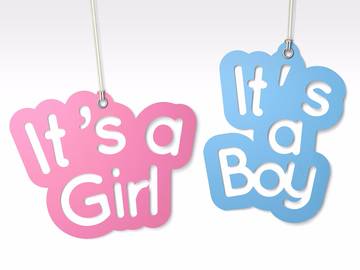What does 'cisgender' mean?
As the term transgender has become increasingly prominent, a contrasting term has also settled into the language. Cisgender (also styled as cisgendered and often shortened to cis) describes someone whose internal sense of gender corresponds with the sex the person was identified as having at birth. Most people can be described as cisgender, or cis. If the pronouncement your mom heard at your birth—It's a girl! or It's a boy!—still feels accurate, then you're cisgender.

In contrast, transgender most broadly describes someone whose internal sense of gender (i.e., their gender identity) differs in some way from the sex the person was identified as having at birth. It's especially used to describe someone whose internal sense of gender is specifically opposite the sex the person was identified as having at birth—that is, whose internal sense of gender is, say, male but whose mom was greeted at the birth with the It's a girl! pronouncement. (The broader meaning is applied to people who feel like neither male nor female fits their internal sense of gender, either because they feel like both apply or neither applies.)
What's the history of 'cisgender'?
While transgender dates to at least 1970, cisgender is a child of the 1990s: our evidence dates it back as far as 1994. It got its first element from a prefix that means "on this side," from the Latin cis or citra, which has the same meaning.
Are 'cisgender,' 'cisgendered,' and 'cis' slurs?
A slur is a word or phrase that is intended to insult or disparage someone. A term that is neutral can become a slur over time, but our current evidence shows that cisgender and its variants are overwhelmingly used neutrally.





